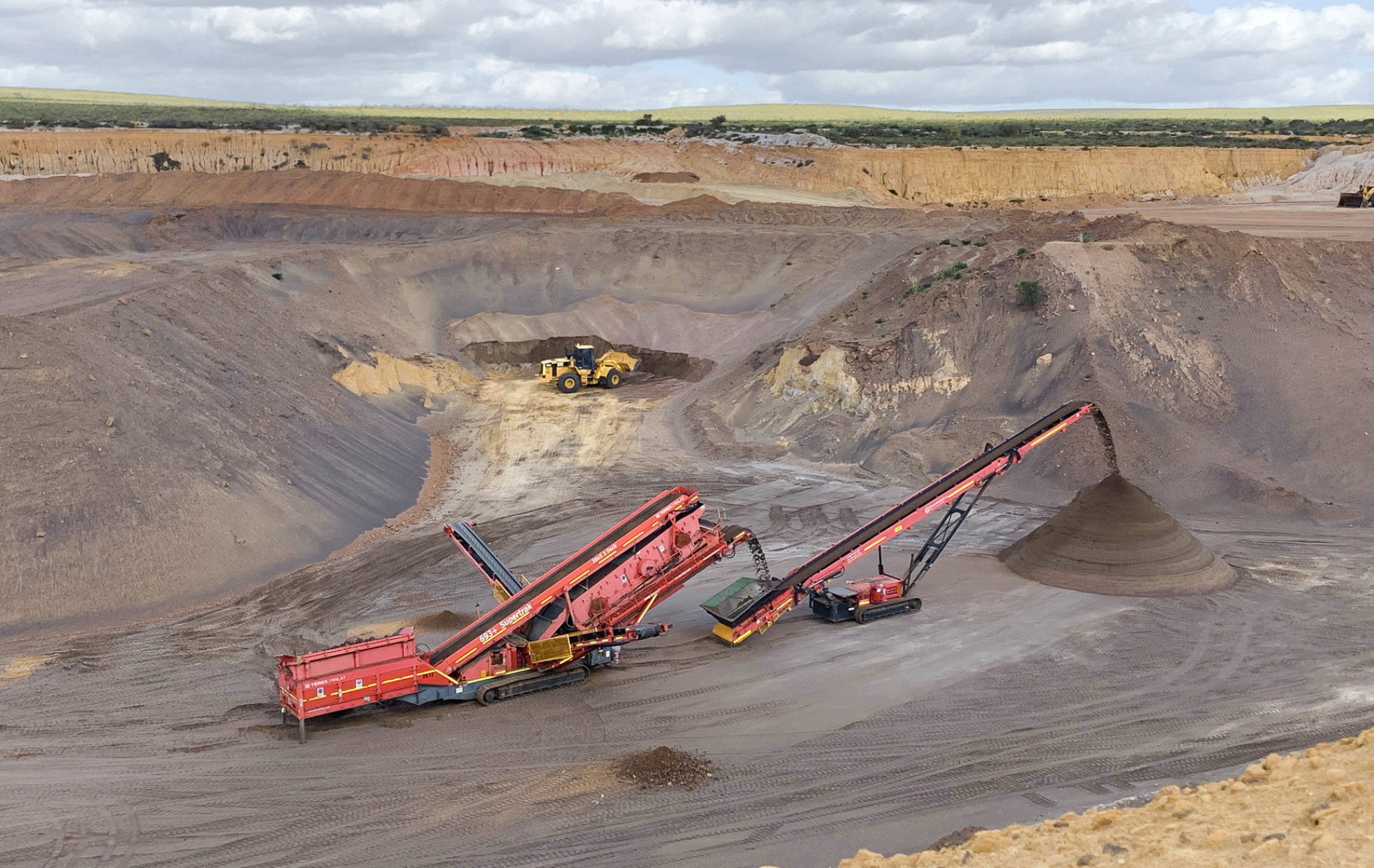Australia and Britain have further deepened their ties after signing a new “statement of intent” on Tuesday to expand their cooperation on critical minerals.
The pledge comes after the announcement of the historic submarine deal last month between Australia, the United Kingdom and the United States as part of the Aukus security tie-up.
Following the signing of the statement with British Minister for the Indo Pacific Anne-Marie Trevelyan during her visit to Perth, Australian Resources Minister Madeleine King said the agreement would help the country develop its critical minerals sector to be a supplier to the global renewable and clean energy sectors.
It would also pave the way to potential new investments in Australia’s resources industry, she said.
The UK government said the deal would help it secure supplies of minerals to “power a net-zero future”, and is part of its strategy to diversify global supply chains of critical minerals amid growing geopolitical competition for resources.
While the latest development, against the backdrop of Aukus, might be seen as a political stance against China, it was more likely that the deal was commercial in nature, affording economic benefits to both countries and serving mutual self-interest, trade lawyers and analysts said.
“The UK’s recent endeavours may be perceived as an attempt to advocate for multilateralism and foster connections with like-minded nations particularly those with shared linguistic and cultural values. However it would be overly simplistic to label this as solely ‘anglophone multilateralism’,” said Julien Chaisse, a trade professor at City University of Hong Kong.
China warns Aukus against going down ‘dangerous road’ over nuclear-powered submarine pact
Britain needs to engage with a wider array of trading partners including non-anglophone countries to navigate its post-Brexit landscape, Chaisse said.
It has to seek a wider array of trading partners beyond the European continent and try to amplify its global influence while its European influence is diminishing, he said, adding the UK’s recent admittance into one of the world’s biggest trade deals, the Comprehensive and Progressive Agreement for Trans-Pacific Partnership (CPTPP), was also an example of that strategy.
“Ultimately, the UK’s accession to the CPTPP and the [critical minerals] agreement with Australia serve as integral components of a larger strategy aimed at diversifying international relationships,” Chaisse said.
As the global trade order evolves amid geopolitical conflicts, countries have formed their own trading pacts, with the CPTPP and the Asean-centric Regional Comprehensive Economic Partnership as two of the bigger examples.
For Australia, the deal is pretty “clear cut”, according to Weihuan Zhou, an international economic lawyer at the University of New South Wales Law’s Herbert Smith Freehills CIBEL Centre.
As Australia is a major supplier of critical minerals, it needs reliable investments in that sector so it can graduate beyond upstream mining to more manufacturing of raw materials into usable midstream products, Zhou said.

A stockpile in Western Australia of by-products from mineral sands mining. Photo: via Reuters
“Australia wants to capitalise on the world market to help it build its own processing, to build its capabilities in critical minerals supply chain and supply products to the world,” Zhou said. “The agreement between Australia and the UK is mutually beneficial to the parties and meets their respective needs.”
The burgeoning need among countries to diversify and reduce reliance on singular countries such as China is at the heart of the deal between Australia and Britain, but reducing China’s influence or reliance on China also does not mean that countries stop working with China, Zhou added.
Striking deals for the supply of critical minerals was in vogue now, he noted. The European Union, for example, has started building a multifaceted trade and investment framework to secure access to critical minerals, Zhou said.
The latest statement with Britain is one of many deals Australia has struck. Last month, Australia agreed on five target projects in lithium and cobalt with India, as part of their existing commitments to the Australia-India Critical Minerals Investment Partnership.
Last October, Australia and Japan signed a new partnership to build secure supply chains for critical minerals.
Source : SCMP















